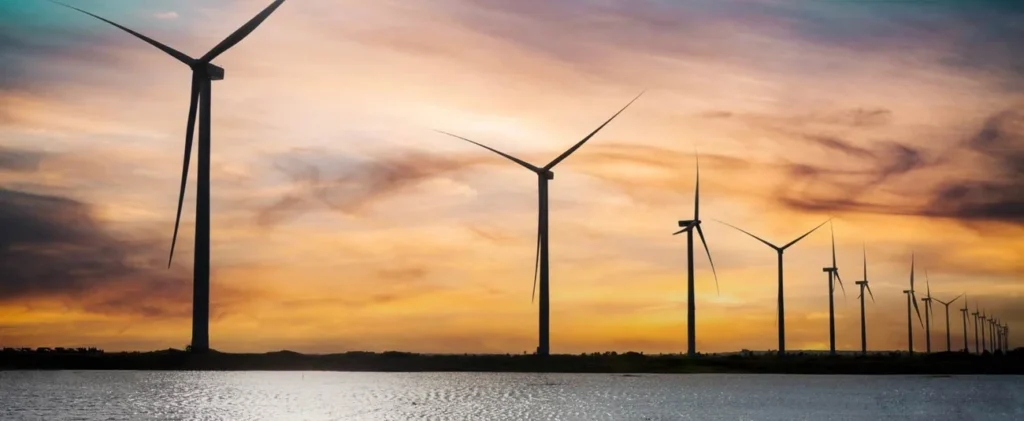Mozambique is embarking on an ambitious renewable energy project with the construction of a 120 MW wind farm in Namaacha, located 50 km from Maputo. This initiative, partially funded by a $54 million loan from the African Development Bank (AfDB), represents a crucial step towards diversifying the country’s energy matrix, aimed at achieving universal access to electricity by 2030 and aligned with its climate commitments under the Paris Agreement.
With a total investment of $224.5 million, the wind farm is expected to generate approximately 331.6 GWh of clean energy annually, ensuring a reliable supply for both local consumers and regional trade. The national electricity company, EDM, will manage the energy purchase through a 25-year contract, providing Mozambique with a more stable and sustainable energy resource. Kevin Kariuki, Vice President of Energy, Climate, and Green Growth at the AfDB, commented, “Mozambique is paving the way towards clean and resilient energy, strengthening its energy security and its role in regional electricity trade”.
Ghana: Danny Manu drives a future without language barriers
The wind farm not only diversifies the country’s energy sources, currently based on gas and hydroelectric power, but it will also reduce CO₂ emissions by 71,816 tons annually, establishing Mozambique as a model for transitioning to clean sources in Southern Africa. Collaboration with the AfDB and other institutions allows Mozambique to be a reference point for renewable energy integration in the Southern African Power Pool (SAPP), contributing to the environmental and economic sustainability of the region.
In addition to its environmental impact, the construction of the wind farm will boost the local economy by creating 600 temporary jobs and 20 permanent positions, prioritizing the inclusion of youth and women. Wale Shonibare, Director of Financial Solutions and Energy Policy at the AfDB, emphasized that the project “demonstrates the potential of renewable energies for economic growth and energy resilience in Mozambique”.
Jonathan Hoffman, CEO of Globeleq, one of the project’s developers, highlighted the fundamental role of this initiative within the national plan “Energy for All” by 2030. “The Namaacha wind farm marks a milestone in the transformation of Mozambique’s energy infrastructure, and its commitment to a green and sustainable future will serve as a model for other countries on the continent”, Hoffman stated.
